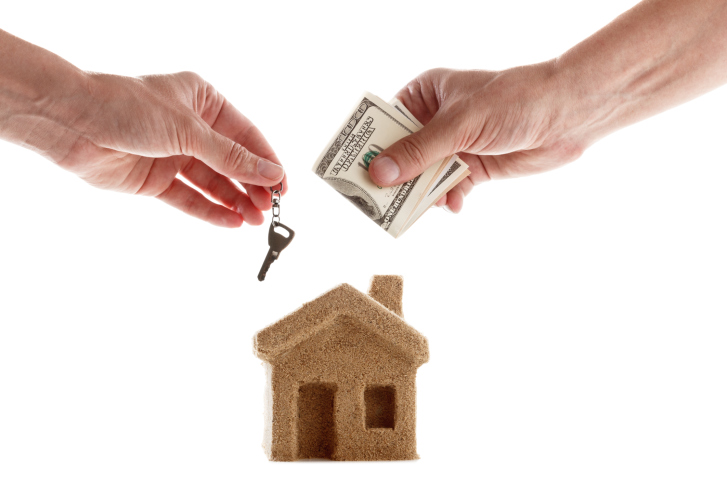 If you’re like most homeowners, you probably believe that one missed mortgage payment won’t have a noticeable impact on your FICO score. People get behind now and then, and besides, you’ve been faithfully making payments on time for years. How bad could it be?
If you’re like most homeowners, you probably believe that one missed mortgage payment won’t have a noticeable impact on your FICO score. People get behind now and then, and besides, you’ve been faithfully making payments on time for years. How bad could it be?
In truth, even one missed mortgage payment could seriously damage your FICO score. Lenders can report missed monthly payments whenever they choose – they don’t need to wait until a certain date to do it. That means even if your mortgage payment is a few days late, your lender may report it as unpaid.
So what exactly happens to a FICO score when you miss a mortgage payment? Here’s what you need to know.
Payment History: The Single Largest Factor In Determining Your Credit Score
FICO scores are calculated based on several different criteria, the largest of them being your payment history. A full 35% of your credit score is determined by how often you pay your bills on time and in full. And although FICO says that one or two late payments aren’t going to decimate your credit score, they will shave off some points that could have made the difference between a low-risk and high-risk interest rate.
Consumers With Higher Scores Have More To Lose
A 2011 FICO study analyzed the impact of late mortgage payments on consumer credit scores. The study grouped consumers into three groups based on their starting FICO score, with Consumer A having a score of 680, Consumer B a score of 720, and Consumer C a score of 780. The findings?
Even if you have a credit score of 780, being just 30 days late on a mortgage payment can result in a 100-point drop. And it can take up to three years to earn that credit back. In contrast, a consumer with a score of 680 who is 30 days late will see only a 70 point drop and can recover their original score within 9 months.
The takeaway? Contrary to popular belief, people with high credit scores stand to lose more from a missed payment than people with low credit scores.
There Are Varying Degrees Of “Late”
One common misconception is that if you miss a mortgage payment, it doesn’t matter if it’s 30, 60, or 90 days overdue. The mainstream thinking is that late is late is late. But that’s not how FICO sees it.
Although borrowers with credit scores under 700 won’t see much of a decline after 30 days late, borrowers with a higher credit score will. If you have a credit score of 720 and you’re 30 days late on your mortgage, your score will fall to about 640. If you’re 90 days late, that score will fall again this time, to about 620.
That means if you miss a mortgage payment, you need to get in touch with your lender as soon as possible in order make repayment arrangements and hope they haven’t yet reported the overdue payment. It’s your best shot at protecting your FICO score.
Credit scores can be vulnerable to all sorts of factors, which is why if you’re looking into mortgages, you’ll want to consult an expert. A qualified mortgage professional can help you find a mortgage you can afford, so your credit will stay intact. Contact your local mortgage expert to learn more.
 If you’re looking for a new home, you’ve probably heard lots of advice about down payments. About how it’s okay to just have a five percent down payment – you’ll still get approved. About how you should make the down payment as small as possible to avoid cash flow problems.
If you’re looking for a new home, you’ve probably heard lots of advice about down payments. About how it’s okay to just have a five percent down payment – you’ll still get approved. About how you should make the down payment as small as possible to avoid cash flow problems.